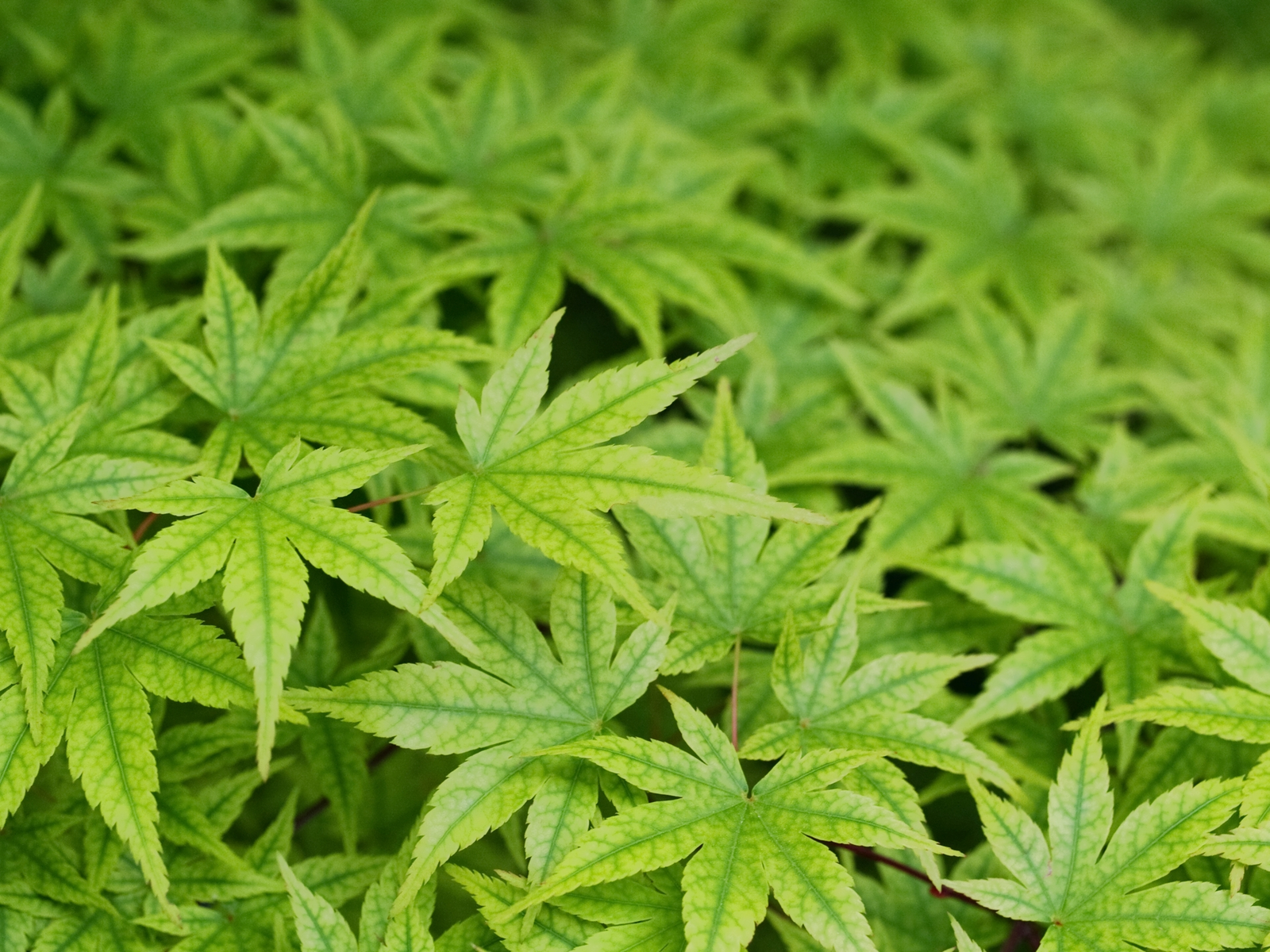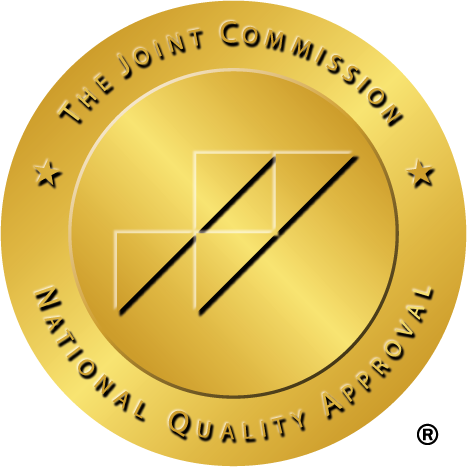Table of Contents
Key Points
- Weed (cannabis, marijuana) is a Schedule I controlled substance with no current FDA-approved medical application and a high potential for misuse and addiction.
- 23% of adults reported cannabis use in the past year.
- Benefits of quitting weed include better sleep, improved lung health, better brain function, improved heart health, reduced risk of mental health issues, and more.
Weed or THC is a mind-altering substance that can wreak havoc on your body, your well-being, and your brain. There are many benefits of quitting weed, including better sleep, improved lung health, better brain function, improved heart health, reduced risk of mental health issues, and more.
The Physical and Psychological Health Benefits of Quitting Weed
Leaving addictive substances behind can be a daunting task, especially when struggling with cravings and withdrawal symptoms. However, the benefits of quitting weed to your mental and physical health far outweigh the experience of living with the effects of marijuana, especially considering the risks to long-term health.
How is Marijuana Addictive Physically?
Repeated cannabis use comes with several physical, behavioral, and biochemical alterations. Studies show that THC produces significant tolerance with frequent and chronic use, resulting in extended REM sleep, reduced conscious mental performance, intoxication, and other physical effects.[1]
After four days of quitting weed, those same patients experienced significant disturbances in sleeping and appetite; they also experienced other flu-like symptoms, like sweats and chills, restlessness, and irritability. This indicates the process of withdrawal, but as soon as THC was reintroduced as part of this study, those symptoms lessened. The desire to skip unwanted symptoms like those can influence continued THC use and continue the cycle of addiction.
There is a common term that is often referred to marijuana, that label is “the gateway drug,” meaning that smoking weed puts people at a higher risk of using other, more serious substances. While this has been found to be largely untrue, those who do move from weed to more serious drugs may be at a higher risk of developing dependence or addiction to those drugs.[2] This is especially true for those who adopted the pattern at a young age.
Better Sleep
Frequent marijuana use is associated with less time spent in REM sleep.[3] Your body needs deep, REM sleep in order to fight illness, feel rested, and perform its best. Without the necessary amount of REM sleep, your body can’t function properly. A benefit of quitting weed is restoring natural sleep patterns and allowing your body to be healthy and rested.
Better Brain Function
Due to the nature of the chemical compounds found in cannabis, the substance directly affects the parts of the brain that are responsible for core functions like short-term memory, emotion, learning, attention, coordination, decision-making, and reaction time. [4] In short, marijuana changes how your brain works on a foundational level. Quitting weed would restore that natural function, improve mental clarity and focus, giving your brain the best chance of optimal performance, now and in the future.
How long does it take for your brain to recover from weed?
Changing how your brain works is a potentially dangerous process. Cannabis can remain in your system for 2 to 4 weeks, so it will take time for your brain to be restored. Harvard Medical School conducted research that revealed it could take up to a month after reducing marijuana intake or quitting weed altogether before you experience improvements.[5]
Better Lung Function
Smoking any substance can jeopardize the long-term health of your lungs and increase the risk of developing respiratory problems. The American Lung Association advises that marijuana smoke is harmful to respiratory health and that marijuana combustion contains many of the same toxins as tobacco smoke, though it’s less carcinogenic. [6]
Additionally, their studies revealed that smoking marijuana injures the cell linings of the large airways and can lead to chronic cough, phlegm production wheezing and acute bronchitis and that the substance. One of the benefits of quitting weed is protecting your respiratory health and preventing some of these negative effects.
Better Heart Health
Marijuana use can increase your natural heart rate, which could lead to other complications in the cardiovascular system. Studies show that smoking weed can significantly increase the risk of stroke by 42% and increase the risk of heart attack by as much as 25%.[7] Smoking cannabis is the most popular method of delivery, with around 75% of the study participants reporting smoking and the other 25% reporting other methods like vaping, drinking, or eating (edibles). Quitting weed can reduce the risk of developing these serious health concerns.
Better Mental Health
THC is an intoxicating, mind-altering chemical compound that reduces cognitive function. When your mind isn’t operating at its best, this makes everything else you do in life that much more difficult. Frequent marijuana use is linked to mental health conditions like anxiety and depression, as well as mood swings, apathy, irritability, lack of motivation, loss of interest in formerly enjoyed activities, difficulty concentrating, and social isolation.[8]
Other medical evidence has linked cannabis use to early-onset psychosis for those at higher risk of developing schizophrenia.[?] It can also worsen symptoms of this and other mental health disorders. A significant benefit of quitting weed is restoring natural functioning in your mind and experiencing greater clarity.
Reduced Risk of Marijuana Dependence
Frequent marijuana use can lead to marijuana dependence and, ultimately, a greater risk of developing a Substance Use Disorder. Repeated cannabis use comes with several physical, behavioral, and biochemical alterations. Studies show that THC produces significant tolerance with frequent and chronic use, resulting in reduced REM sleep, lower conscious mental performance, intoxication, and other physical effects.[9]
After four days of quitting weed, those same patients experienced significant disturbances in sleeping and appetite; they also experienced other flu-like symptoms, like sweats and chills, restlessness, and irritability. This indicates the process of withdrawal, but as soon as THC was reintroduced as part of this study, those symptoms lessened. The desire to skip unwanted symptoms like those can influence continued THC use and continue the cycle of addiction.
There is a common term that is often applied to marijuana, which is “the gateway drug,” meaning that smoking weed puts people at a higher risk of using other, more serious substances. While this has been found to be largely untrue, those who do move from weed to more serious drugs may be at a higher risk of developing dependence or addiction to those drugs.[10] This is especially true for those who adopted the pattern at a young age.
Cannabis Drug Facts
Cannabis, or more commonly known as marijuana and weed, is a natural plant-based substance that contains over 125 different cannabinoids and the intoxicating, mind-altering chemical compound, tetrahydrocannabinol (THC).[11]
This substance can lead to drastic changes in mood, thinking patterns, behavior, and productivity, and can also influence harmful health concerns. THC can be found in the seeds, flowers, dried leaves, and stems of the green plant.
Weed is most often smoked, but can also be ingested via edibles, which are weed-infused foods, gummies, and other ingestibles. The plant is a Schedule I controlled substance with no current FDA-approved medical application and a high potential for misuse and addiction. [12] Street names of cannabis include weed, pot, grass, doobie, Mary Jane, the devil’s lettuce, buds, joints, 420, and many others.
Prevalence of Cannabis Use In The U.S.
Cannabis is by far the most accessible and commonly used substance that is illegal on a federal level. In 2022, studies revealed that 23% of adults reported cannabis use in the past year, and just under 16% said they had used the substance within the past month.[13]
Three out of ten people who regularly smoke marijuana meet the criteria of cannabis use disorder. [14] The risk of meeting that criteria is much higher for anyone who began smoking weed before they became a legal adult at the age of 18.
Get Help With Cannabis Use
If you or a loved one is struggling with cannabis use, reach out for professional support as soon as possible. Regain the clarity of mind and a renewed sense of purpose that quitting weed offers.
Frequently Asked Questions
Below are some of the most frequently asked questions regarding quitting weed
Sources
[1][3][9][15]Ramesh, D., Schlosburg, J. E., Wiebelhaus, J. M., & Lichtman, A. H. (2011). Marijuana dependence: Not just smoke and mirrors. ILAR journal. https://pmc.ncbi.nlm.nih.gov/articles/PMC3606907/
[2][10][16]Centers for Disease Control and Prevention. (n.d.). Cannabis and other drugs. Centers for Disease Control and Prevention. https://www.cdc.gov/cannabis/risk-factors/using-other-drugs.html
[4][14]Centers for Disease Control and Prevention. (n.d.-b). Cannabis facts and stats. Centers for Disease Control and Prevention. https://www.cdc.gov/cannabis/data-research/facts-stats/index.html
[5]Kevin Hill, M., & Michael Hsu, M. (2022, June 14). Cognitive effects in midlife of long-term cannabis use. Harvard Health. https://www.health.harvard.edu/blog/cognitive-effects-of-long-term-cannabis-use-in-midlife-202206142760
[6]Association, A. L. (n.d.). Marijuana and lung health. American Lung Association. https://www.lung.org/quit-smoking/smoking-facts/health-effects/marijuana-and-lung-health
[7]U.S. Department of Health and Human Services. (2024a, February 28). Smoking cannabis associated with increased risk of heart attack, stroke. National Institutes of Health. https://www.nih.gov/news-events/news-releases/smoking-cannabis-associated-increased-risk-heart-attack-stroke#
[8]Patel, J. (2024, March 20). Cannabis use disorder. StatPearls [Internet]. https://www.ncbi.nlm.nih.gov/books/NBK538131/
[11]U.S. Department of Health and Human Services. (2024c, October 28). Cannabis (marijuana). National Institutes of Health. https://nida.nih.gov/research-topics/cannabis-marijuana#what-is-cannabis
[12]Drug scheduling. DEA. (n.d.). https://www.dea.gov/drug-information/drug-scheduling
[13]Schaeffer, K. (2024, April 10). 9 facts about Americans and marijuana. Pew Research Center. https://www.pewresearch.org/short-reads/2024/04/10/facts-about-marijuana/
[17]Connor, J. P., Stjepanović, D., Budney, A. J., Le Foll, B., & Hall, W. D. (2022, July). Clinical management of cannabis withdrawal. Addiction (Abingdon, England). https://pmc.ncbi.nlm.nih.gov/articles/PMC9110555/
New Waters Recovery Editorial GUIDELINES
At New Waters Recovery, we take your health and wellness seriously. We have a thorough process in place to ensure the integrity of information that is displayed on our website. All content published to our site undergoes a rigorous medical review by a doctorate level clinician to ensure medical accuracy. Read More About Our Process





